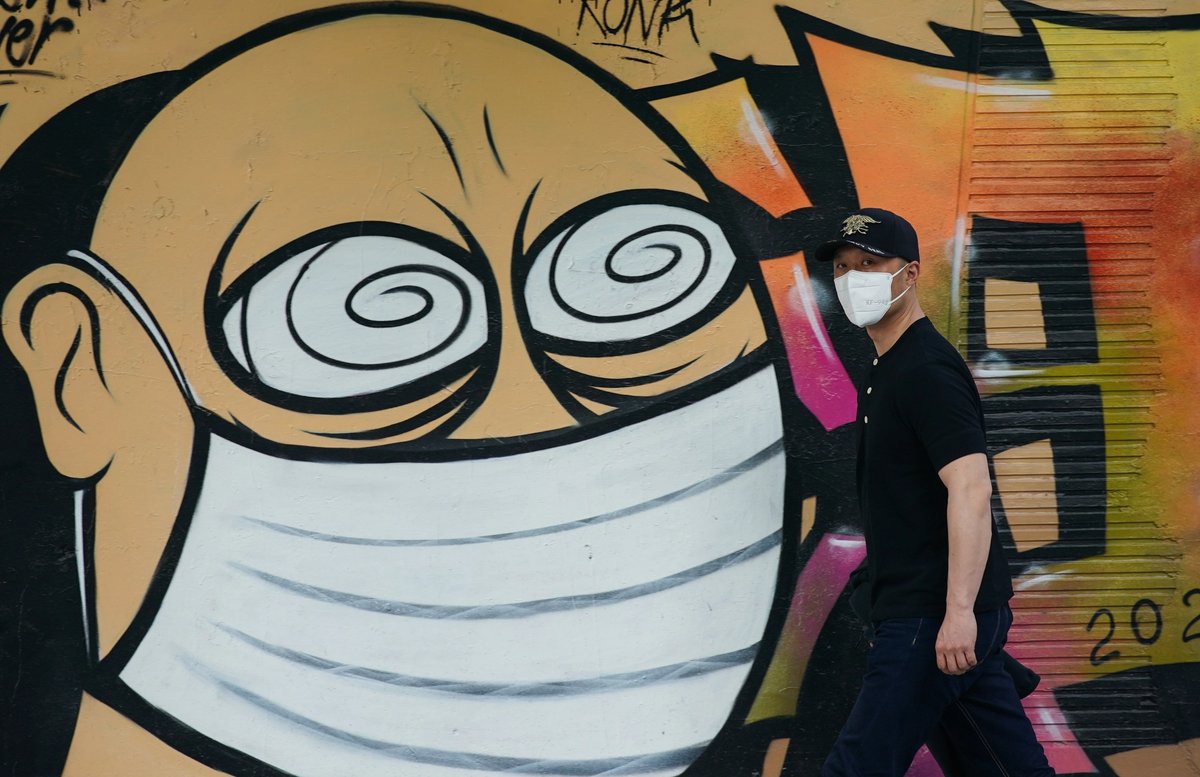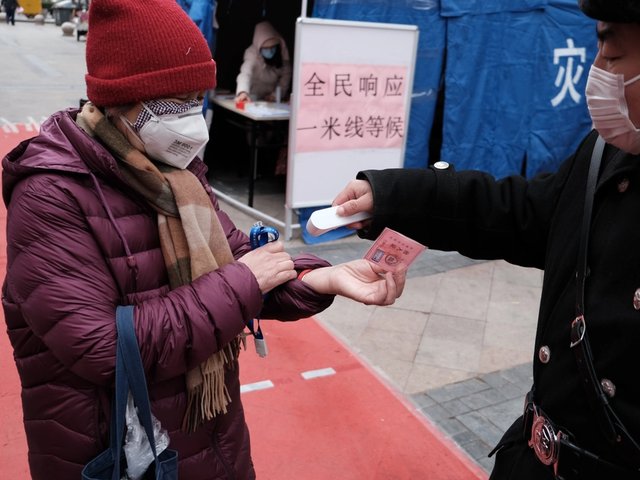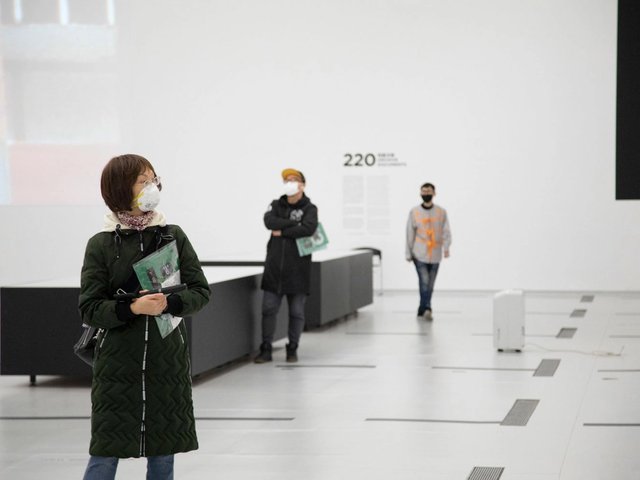Shanghai’s two-month hard lockdown officially lifted yesterday (1 June)—but cultural venues have been received no timeframe for reopening.
A majority of Shanghai residents are now allowed free movement, and most restaurants, factories and offices instructed to resume operation.
But a municipal press release said art spaces, alongside gyms and theatres, would remain shuttered until further notice, and now have to await permission from the Culture and Tourism Bureau.
While tourism sites have reopened, they have done so with restrictions on capacity. Visitors are required to provide a contact-tracing venue code and wear masks, as well as provide documentation of a negative PCR test within 72 hours. These protocols will likely be required for cultural spaces as well.
“We’re waiting for a further notice from the Culture and Tourism Bureau, and then will need to apply for a special venue code," says Grace Cheng, media manager of Bank, a contemporary art gallery on the Anfu Lu arts street. "Only then can we reopen.”
Official bodies affiliated with the Chinese government has offered rent relief or subsidies to cultural spaces impacted by the months of enforced closure, but only certain galleries can apply, Cheng says.
“Only the spaces funded by the government or national corporations can apply, for a maximum six months," Cheng says. "Bank is not that lucky.”
Both private and state-owned museums are also subjected to the same wait and uncertainty. “We are still waiting for the direction from the Culture and Tourism Bureau on the opening date for the museum, but our staff should be able to go to office next week and disinfect and prepare the museum,” says a Yuz Museum spokesperson. “Once we know when we can open, we'll post it on WeChat. I think all the museums should be opening around the same time.”
A UCCA Edge spokesperson adds that they will be able to begin installing exhibitions again soon, so the museum is ready to open as soon as permission is issued.
Even as the city of 26 million hobbles back to life, the reminders of two months of lockdown remain. A number of Shanghai's neighbourhoods who have recorded recent positive Covid cases remain locked down, with some enclosed in green fences or plywood walls. Several compounds resumed isolation after cases were detected yesterday.
Several of the mass quarantine centers, where all confirmed Covid patients are held, remain operational. This includes the largest centre, which has a 50,000-person capacity, held at the National Convention and Exhibition Centre, according to state media. The number of people still held there are no longer being released.
Throughout lockdown, numerous Shanghai art venues. including the West Bund Art & Design Centre, were requisitioned and repurposed into quarantine camps. These also appear to remain in operation. Several galleries located within the complex confirmed they continue to be denied access to their spaces, and have not been given any timeframe for future access. Outdoor areas of the M50 arts complex, however, are open to the public and workers from yesterday, though its galleries cannot open yet.
The first day of Shanghai’s opening brought fresh chaos with crowded hours-long queues at test sites for the PCRs required within 48 to 72 hours for access to various sites.
Beijing, meanwhile, continues to have lockdowns and mass removals of some neighborhoods, but with some movement still permitted for much of the city. Most Beijing galleries and museums closed to the public in May, with staff working from home. But UCCA reopened 1 June after a 28-day closure, and M Woods’ 798 location reopens 3 June.




